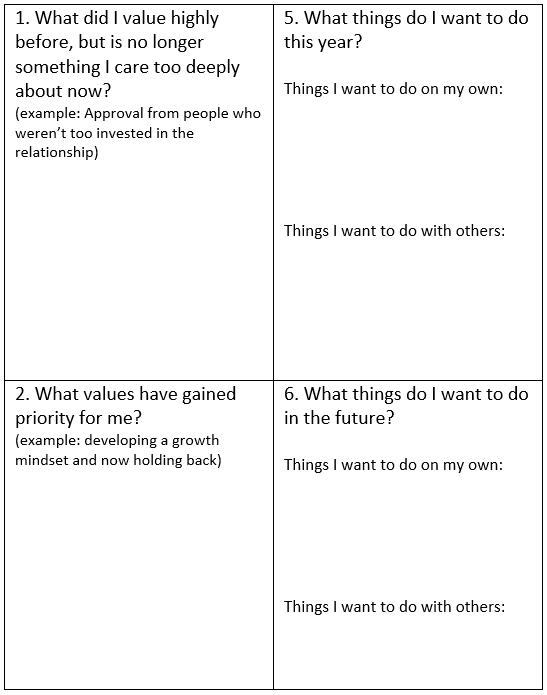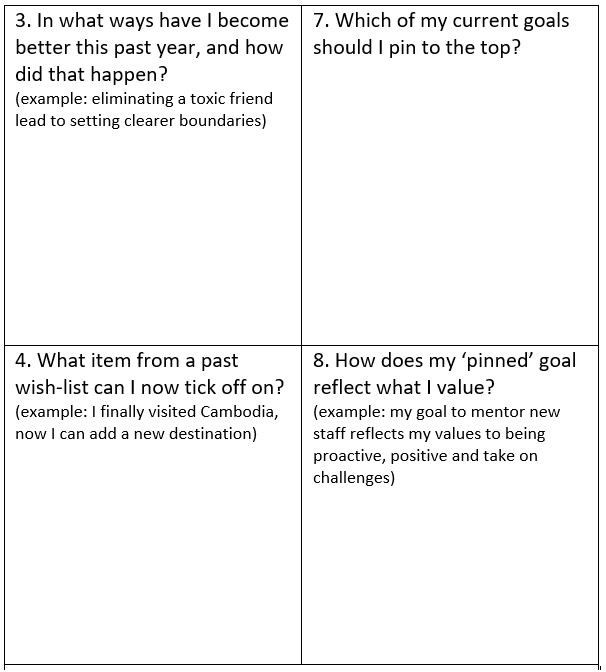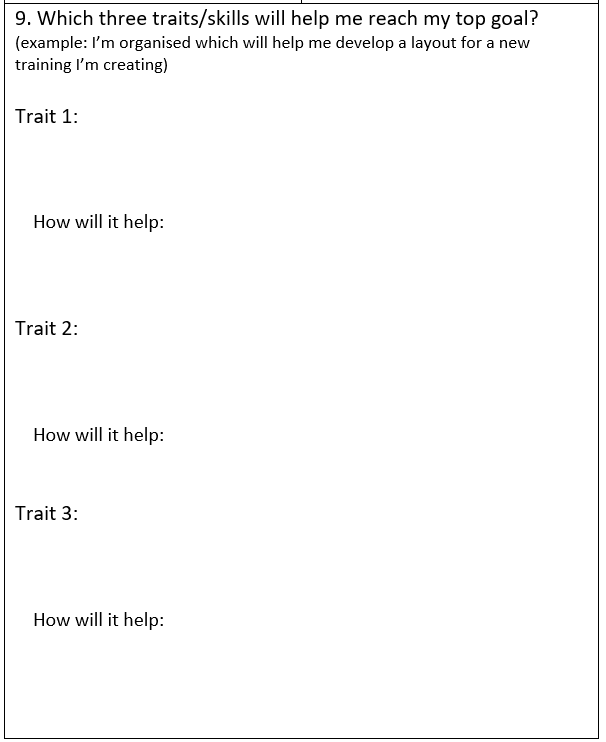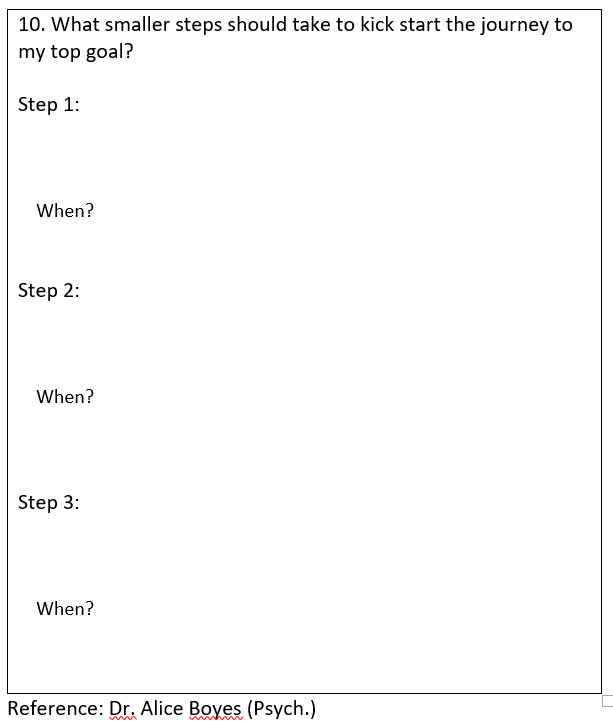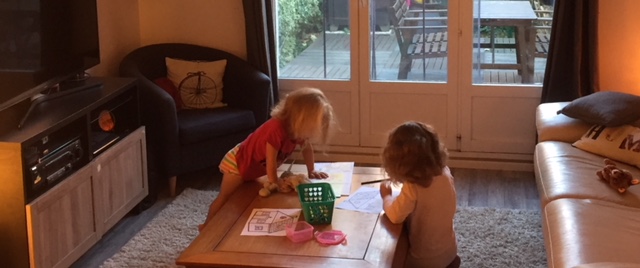I was having one of those days…. well…. one of those weeks really… heck, make it a month!
Recent transitional changes in our lives resulted in my husband and I feeling somewhat depleted the last few weeks. Work has been very busy for both of us, we’ve had to arrange a few new things around childcare and our daughters have been well…. ‘challenging’ would be the politically correct word (‘little, bitchy dictators’ are the actual words that come to mind though).
Naturally, life comes with its ups and downs, and often I feel guilty for even puffing up about, what I feel are, first world problems. I’m transitioning into a new job and haven’t felt very motivated to excel at my current one for the final weeks, I’ve let fatigue get the better of me and my patience with the children , and my husband and I have settled for Netflix and dinner on the couch as quality time for now. I was feeling a bit ‘blah’ and not very driven to put in much of the effort. I wanted people to just leave me alone and go and hide in a corner until the storm blew over…. Until I attended a particularly bad Zumba class (I told ya, first world problems!).
In an attempt to pick myself up from this temporary slump, I booked a fun workout to get my ass kicked. I was excited until a very unimpressed instructor walked in and whispered to me “ugh I’m so hungover today, I can’t even“. Although I was flattered she felt she could open up to me (a random stranger), I can’t say it did much to pump me up though. During the lesson we moved around a bit, much like an uncomfortable uncle forced to dance the salsa at a wedding, up-beat songs were skipped because ‘she’d had enough of them‘ and the class finished 10 mins early. But rather than feeling frustrated about it and complaining to the manager, it woke me up again. I remembered that we can all have shit days (and we’re absolutely allowed to), but how we react to them can affect the world around us, and some things could inadvertently come and bite us in the ass again.
I realized I was acting like a grumpy, hungover Zumba teacher to everyone around me, so I needed to stop throwing myself a pitty party and start making the effort again.
I’m not encouraging anyone to suck it all up- it’s important to allow ourselves a bad day- but I thought to note down some of the reasons why we should still put in the effort (however big or small) for ourselves and those around us, even when we cant be bothered.
- Effort makes us take responsibility
As a professional educator/coach, I’m constantly encouraging people to develop themselves further and focus on how no results are achieved without putting in the necessary effort. I know they say “those who don’t do… teach..”, but I had to not take that too literally and put my money where my mouth is, if I wanted to keep my credibility. I need to take ownership of what I’m doing and understand that things will not change for the better, if I don’t put in the effort. Taking ownership of what is happening in our life, and focusing on the things we can and cannot change, assists us in identifying where our effort is needed the most.
- Comparing doesn’t encourage effort
There is always someone doing better and someone doing worse than you. always. Just because the colleague down the hall doesn’t go the extra mile, doesn’t mean it’s ok for you to slack off. Jealousy over someone’s success is a moot point because they probably got there through a lot of hard work. Use their success as motivation for you to strive further, rather than viewing it as a reason why you haven’t lived up to your potential. Make up your own mind about what effort you need to put in for your goals… your objectives. your effort.
- Effort teaches you to be practical
Understanding something in life focuses on the ‘why’ and ‘what’ of situations. Effort is needed, however, to achieve the ‘what’ and actually doing something about it. Not only do we get a certain sense of accomplishment after putting in the effort, but it teaches us to develop the tools we need to continuous developing ourselves further. It’s like a drug… once you feel that high of achieving something through hard work, you want to do it again (except this drug doesn’t make your loose any teeth and doesn’t cost a cent).
- Effort can result in more effort
Just because we can’t be bothered, doesn’t always mean its because we are lazy. Sometimes we don’t feel the motivation because life is simply ‘too much’ at the time. We’re in a hole and find it hard to climb our way out … It’s important to self-care and give yourself time to take a step back and refocus to find a way out of that hole…. all if which needs… ding ding ding… you guessed it…. effort. Sometimes we need to make the effort to ‘relax’ in order for us to recharge our batteries to find the effort to do more after.
- Effort requires a global mindset
Everything we do is effort (to some degree). The things in life worth doing take effort, and it’s that effort that leads to results in the end. Remove all effort and we do nothing (literally). So rather than seeing effort as a huge motivational tool that can only produce extraordinary results, view effort as something we do on a daily basis and something that doesn’t always require an intense build-up. Waking up in the morning takes effort (more for some than others), getting dressed and going to work is the same. Basic tasks like eating, walking and sleeping all take effort. Seeing it as a constant and something we can develop further, makes a sometimes uphill battle seem less daunting. Without effort, life can get pretty dull.
So however small it may be, when you’re having a bad day, don’t stop making the effort.







